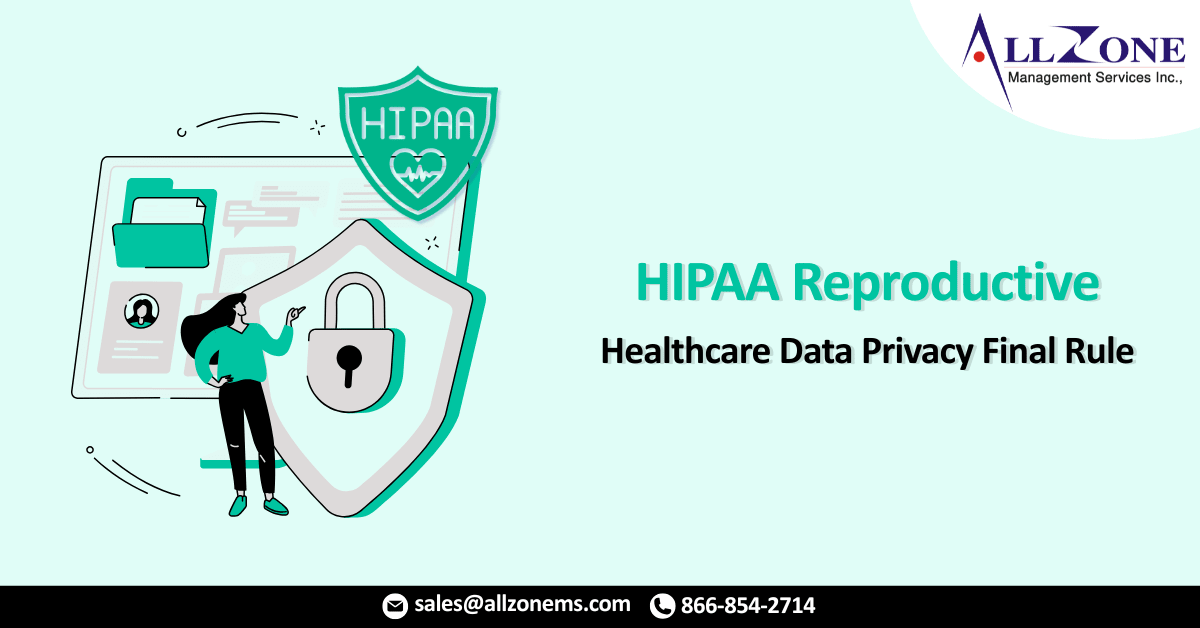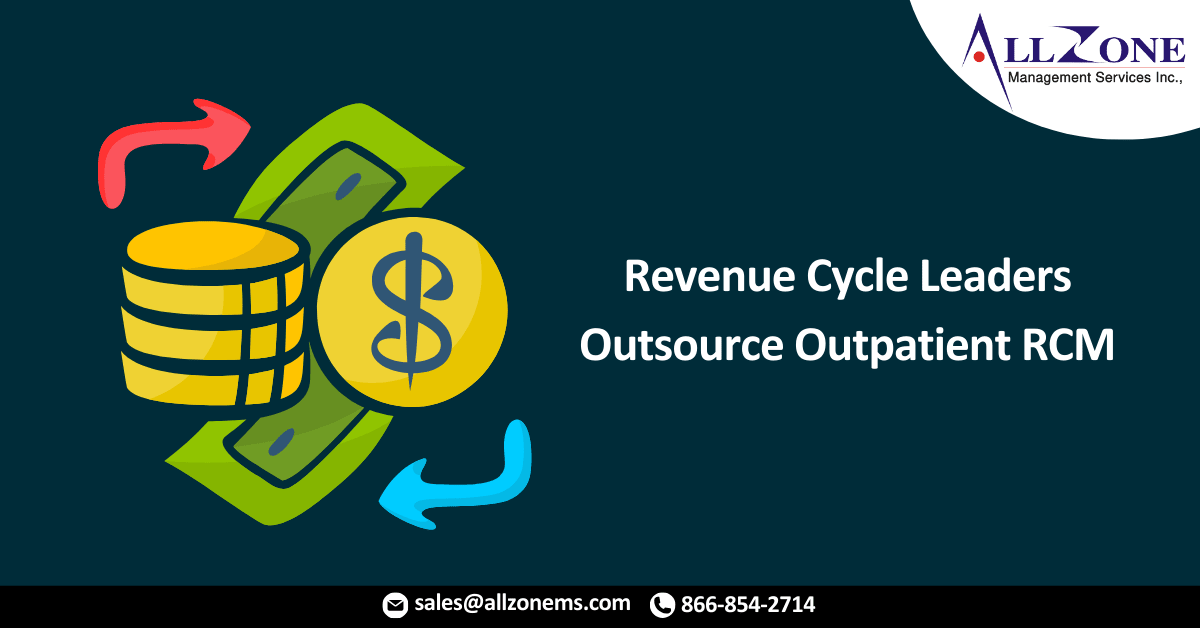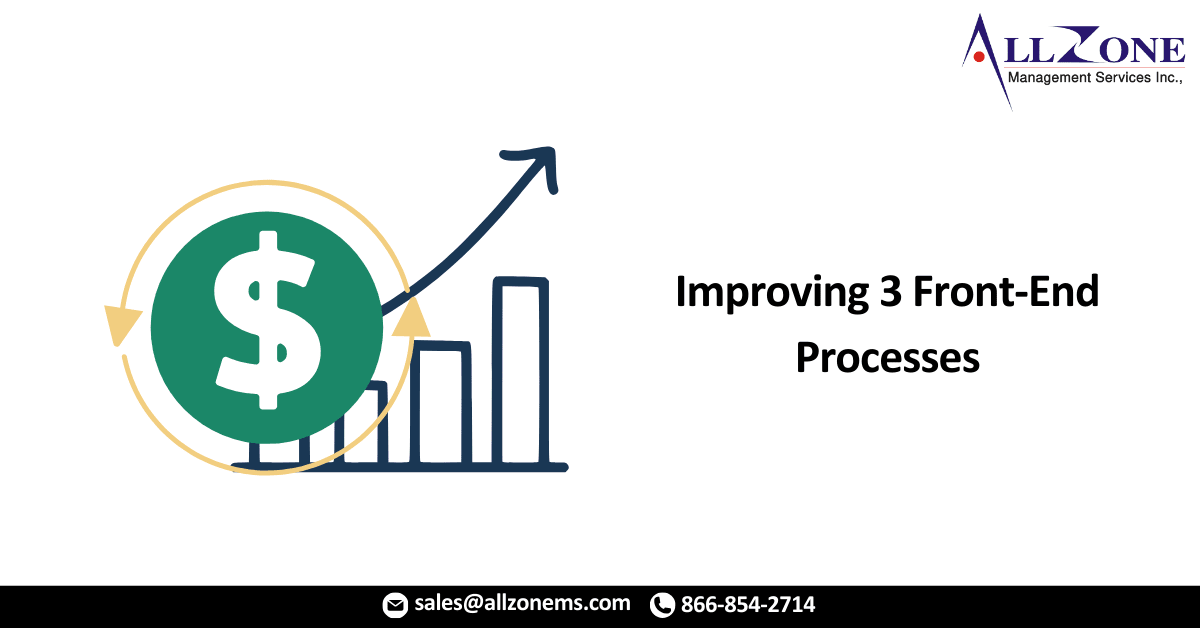The April 2024 final rule issued by the Biden administration aimed to bolster the privacy of reproductive healthcare data under HIPAA, a significant move following the Supreme Court’s overturning. Health and Human Services (HHS) officials hoped this rule would alleviate the “chilling effect” on individuals seeking or providing legal reproductive healthcare, stemming from both legal […]
Claim denials cast a long shadow over hospital finances, eroding revenue cycles, inflating administrative burdens, and ultimately jeopardizing the institution’s financial stability. While some denials are unavoidable, a powerful and forward-thinking Hospital Claim Validation strategy can dramatically reduce their frequency. This approach emphasizes embedding accuracy and compliance at every touchpoint of the patient journey and […]
Turning submitted medical claims into actual payments is a crucial phase for any healthcare practice. The time it takes to receive these payments directly impacts your financial health and operational efficiency. To maintain a healthy revenue cycle, it’s essential to reduce AR turnaround time and aim to clear your Accounts Receivable (AR) within a 30-day […]
Claim denials remain one of the biggest challenges healthcare providers face when it comes to maintaining consistent revenue and smooth operations. While some common causes like incomplete documentation and incorrect patient information are well-known, there are still many lesser-known or overlooked reasons medical claims get denied. In this article, we’ll explore five more reasons why […]
Outpatient care has become a cornerstone of modern healthcare, thanks to technological advancements, patient preferences, and cost-effective treatment models. As outpatient services expand, so do the administrative and financial complexities behind the scenes. Revenue Cycle Management (RCM) for outpatient care is no small feat — it involves managing patient scheduling, insurance verification, coding, billing, and […]
Navigating the complexities of denials management can feel overwhelming for revenue cycle leaders seeking effective solutions. Instead of chasing quick fixes, a structured, methodical approach is essential for building a sustainable and impactful denials management strategy. Implementing a Robust Denials Management Solution is key to achieving this, as it provides the necessary framework for a […]
Artificial intelligence (AI) is one of the most talked-about innovations in healthcare finance—and for good reason. While it brings excitement about streamlined operations, particularly in areas like AI in denial management, and better outcomes, it also sparks questions about its impact on providers, staff, and daily workflows. At AAPC, we’ve been actively exploring how AI […]
Laboratories often grapple with claim denials stemming from ambiguous payer policies, inconsistent information from payer representatives, coding complexities, and network status uncertainties. To mitigate these challenges and improve financial outcomes, a strategic approach to laboratory claim denial management is essential. By implementing a robust data analysis and trending strategy, laboratories can significantly improve their denial […]
In today’s competitive healthcare environment, delivering an exceptional ASC patient experience is crucial for differentiating your ambulatory surgery center (ASC) and fostering sustainable growth. This experience hinges on treating patients with care, respect, and competence throughout every interaction – from staff engagement to procedural efficiency and technological integration. This article focuses specifically on enhancing the […]
Claim denials pose a substantial threat to the financial health of medical practices. Effective medical claim denial management is crucial for protecting revenue, streamlining operations, and maintaining positive payer relationships. This comprehensive guide outlines a strategic approach to reducing denials, managing appeals, and safeguarding your practice’s financial stability, with a strong focus on effective medical […]










